|
|
|
|
Nau mai, haere mai.
Amid the horror and anguish at what is happening in Gaza right now, we often hear about the “cycle of violence” behind the seemingly intractable problem of Israel and Palestine. Occupation, blockade, resistance and retribution pile atrocity upon atrocity.
The human impact, especially on children, is devastating. UNICEF recently advised the UN Security Council that children in Palestine and Israel experience “trauma which could last a lifetime”. That is as good an explanation as any of how a cycle of violence is sustained.
But even before this current crisis, the toll of protracted conflict on Palestinian children has been clear. A survey of schoolchildren in Gaza, the West Bank and East Jerusalem carried out from 2019 to 2022, led by Ritesh Shah from the University of Auckland, found surprising early levels of optimism had given way to despair and hopelessness.
“For the most acutely affected areas,” he writes, “our survey recorded significant declines in children’s wellbeing, particularly in their ability to calm themselves when scared, and to think of solutions to daily challenges they faced.”
Without a genuine political deal, Shah suggests, whatever happens after any ceasefire will only mark a pause in the inevitable cycle. But the children “deserve a durable and lasting solution. Our survey suggests their resilience was already seriously declining before the current emergency. Without hope, this will deteriorate even further.”
|

|
Finlay Macdonald
New Zealand Editor
|
|

Ritesh Shah, University of Auckland
A four-year survey of Palestinian school children in Gaza, the West Bank and East Jerusalem found hope and wellbeing already seriously declining. The situation now can only make it worse.
|
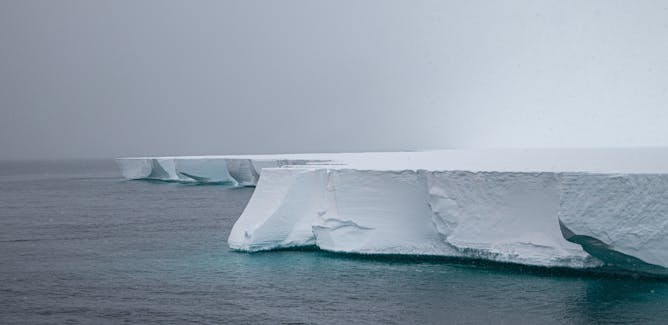
Richard Levy, GNS Science; Dan Lowry, GNS Science; Denise Kulhanek, University of Kiel; Gavin Dunbar, Te Herenga Waka — Victoria University of Wellington; Huw Joseph Horgan, Swiss Federal Institute of Technology Zurich; Molly Patterson, Binghamton University, State University of New York; Nick Golledge, Te Herenga Waka — Victoria University of Wellington; Tina van de Flierdt, Imperial College London
Seafloor sediments from beneath the Ross Ice Shelf represent an archive of warmer periods in Earth’s past. An ambitious international project aims to uncover what we can learn about our hotter future.
|
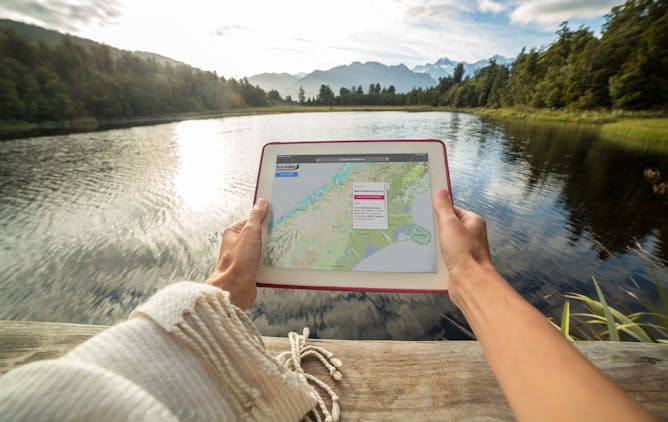
Kiri Joy Wallace, University of Waikato; John Reid, University of Canterbury; Penny Payne, University of Waikato
Technologies such as remote sensing and artificial intelligence are making it easier to gather more accurate data on biodiversity. Developing these digital tools will help vital ecosystem restoration.
|

Kaaren Mathias, University of Canterbury
Group therapy can be at least as effective as individual therapy. It improves mental health by giving people a stronger sense of belonging – without medicines, hospitals or expensive professionals.
|
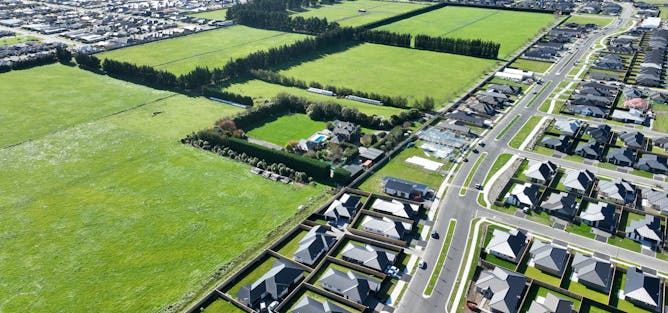
Shannon Davis, Lincoln University, New Zealand
New Zealand cities grow mostly through building houses on undeveloped land. But this removes fertile soil and undermines the food production and other ecological functions city dwellers depend on.
|

Trish Keeper, Te Herenga Waka — Victoria University of Wellington
Laid-off Supie staff were paid by an anonymous donor – but many employees never get what they’re owed when a company fails. New Zealand should follow overseas examples to better protect workers.
|
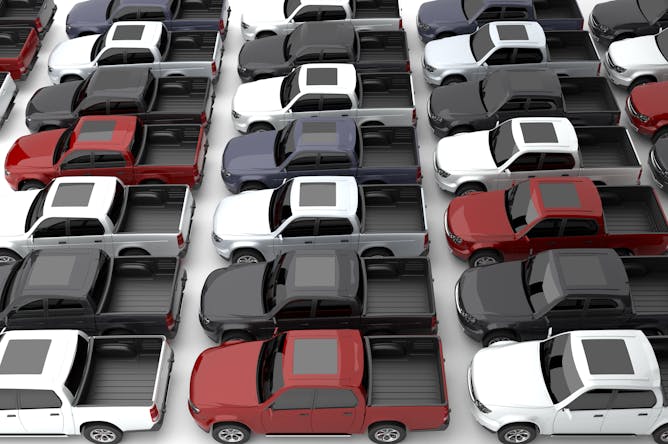
Timothy Welch, University of Auckland
With the Clean Car Discount under threat, more large, polluting and dangerous vehicles will hit New Zealand roads. That will further discourage walking and cycling.
|

Susan St John, University of Auckland
Working for Families tax credits favour those in work, yet discourage them from working or earning more. But there is a cost-effective way to improve the system for those on welfare and low incomes.
|
From our foreign editions
|

Taren Sanders, Australian Catholic University; Chris Lonsdale, Australian Catholic University; Michael Noetel, The University of Queensland; Philip D Parker, Australian Catholic University
A major study of screen use found it’s not the screen itself that really matters but what’s on it and the way kids use it.
| |

Amy Dawel, Australian National University; Ben Albert Steward, Australian National University; Clare Sutherland, University of Aberdeen; Eva Krumhuber, UCL; Zachary Witkower, University of Amsterdam
AI-generated faces are now readily available, and have been used in identity fraud, catfishing and cyber warfare.
|
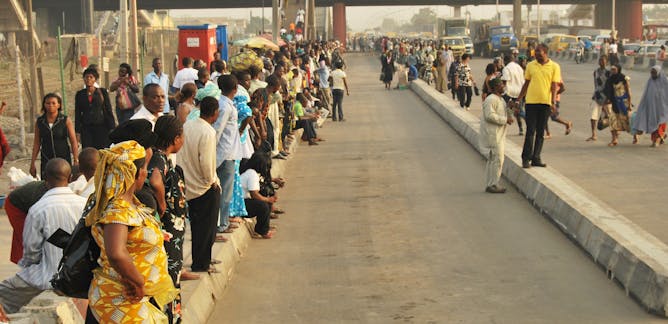
Oludayo Tade, University of Ibadan
An improved public transport system and mapping of hotspots by law enforcement agencies would reduce susceptibility to crime in Lagos, Nigeria.
| |
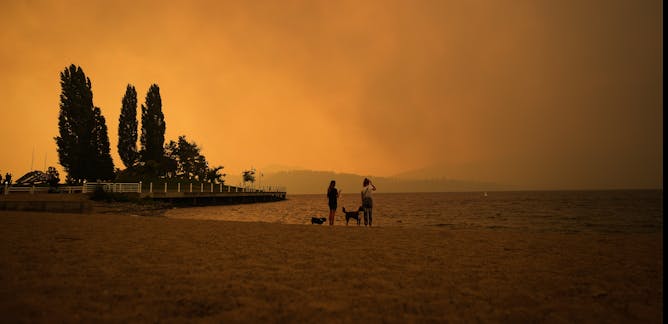
Will Greaves, University of Victoria; Yvonne Su, York University, Canada
Canadians should demand greater accountability from their governments to reduce the need for last-minute humanitarian efforts in the face of climate-related disasters in their communities.
|
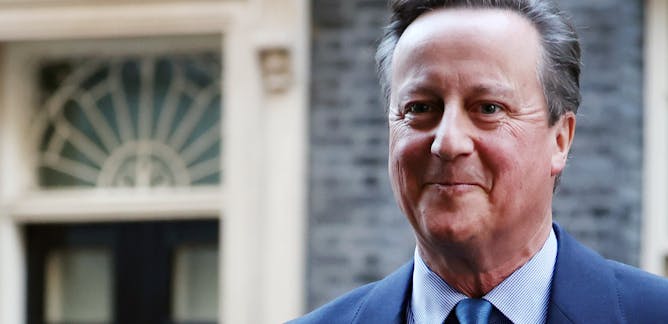
Thomas Caygill, Nottingham Trent University
Cameron heads straight into the House of Lords so that he can join Rishi Sunak’s top team following the reshuffle triggered by the downfall of Suella Braverman.
| |
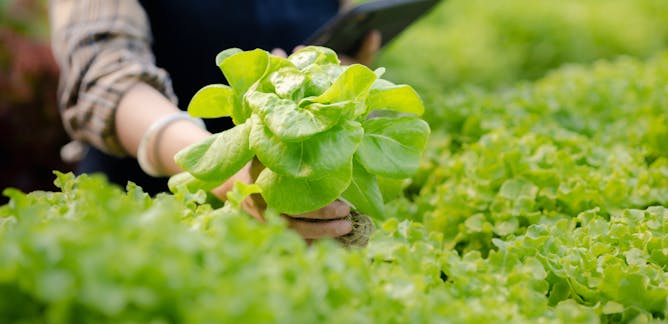
Swrajit Sarkar, City, University of London
A nutritionist breaks down the health-giving benefits of various salad leaves.
|
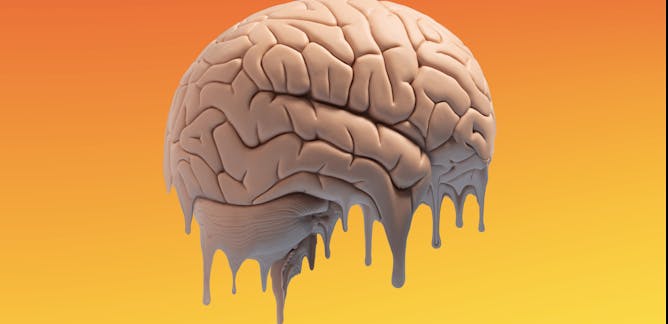
Sean O'Donnell, Drexel University
Rapidly changing temperatures and sensory environments are challenging the nervous systems of many species. Animals will be forced to evolve to survive.
| |
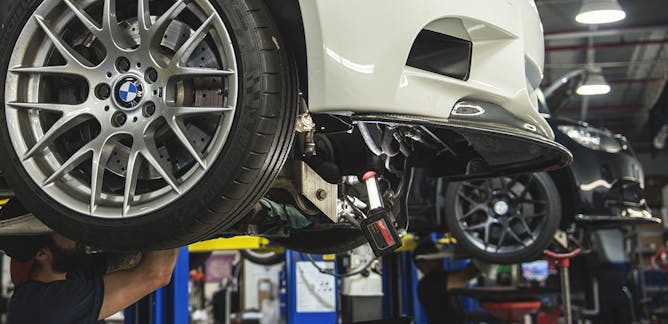
Leah Chan Grinvald, University of Nevada, Las Vegas; Ofer Tur-Sinai, Ono Academic College
Today’s cars include hundreds of computer chips, and carmakers say the data produced by those chips is proprietary – and a security risk. This means you don’t own the data your car generates.
|
|
|
| |
| |
| |
| |
|
|
|
|
|
|
|